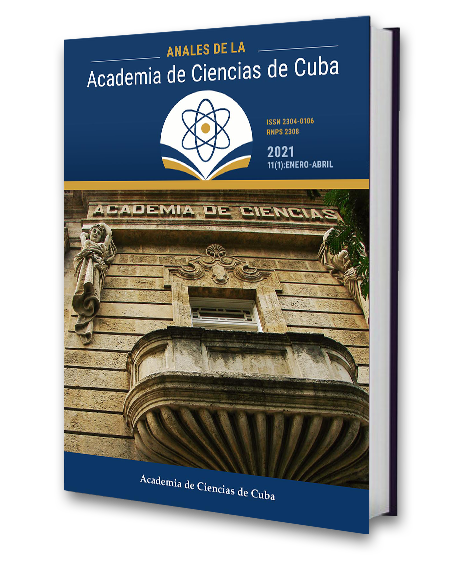Aportes a la evolución y clasificación taxonómica de los géneros de importancia médica de la familia Trypanosomatidae basado en el análisis filogenético del gen de la proteína de choque térmico 70
Palabras clave:
Trypanosomatidae, Trypanosoma, Leishmania, enfermedad de Chagas, enfermedad del sueño, filogenia, proteína de choque térmico 70Resumen
Introducción: Dentro de la familia Trypanosomatidae hay dos géneros de importancia médica por su papel como patógenos humanos, Trypanosoma y Leishmania. Dentro de estos géneros se encuentran especies y subespecies causantes de la leishmaniasis, la tripanosomiasis americana y la tripanosomiasis africana humana. Objetivos: En este estudio investigamos las relaciones filogenéticas de los géneros Leishmania y Trypanosoma utilizando la secuencia del gen hsp70 citoplasmática y discutimos las implicaciones para las definiciones de especies, la evolución y la taxonomía de estos géneros.
Métodos: Se secuenció el gen de la HSP70 de 44 cepas de 11 especies de Leishmania y 41 cepas de 9 especies de Trypanosoma de diferentes orígenes geográficos. Las secuencias obtenidas se alinearon con las secuencias publicadas previamente en las bases de datos. El programa MEGA se utilizó para la construcción de distintos árboles filogenéticos basados en parámetros de distancia y caracteres. El soporte de los grupos monofiléticos se determinó por el método de boostrap.
Resultados: En el presente trabajo se utilizó por primera vez el gen de la hps70 citoplasmática para estudios filogenéticos de los géneros Leishmania y Trypanosoma y con ello se demostró la utilidad de utilizarlo como marcador molecular en el diseño de métodos para la detección, identificación y diferenciación de especies y linajes de Leishmania y Trypanosoma. Los resultados proporcionan evidencias que soportan la hipótesis de que el género Leishmania es originario del “nuevo mundo”.
Conclusiones: Los resultados de los estudios, basados en el análisis filogenético del gen que codifica las hps70, contribuyeron a la discusión sobre de un marco general de consenso taxonómico para los géneros Leishmania y Trypanosoma.
Descargas
Publicado
Cómo citar
Número
Sección
Licencia
La revista Anales de la Academia de Ciencias de Cuba protege los derechos de autor, y opera con una Licencia Creative Commons 4.0 (Licencia Creative Commons Reconocimiento-NoComerciall 4.0). Al publicar en ella los autores permiten copiar, reproducir, distribuir, comunicar públicamente su obra y generar obras derivadas, siempre y cuando se cite y reconozca al autor original. No permiten, sin embargo, utilizar la obra original con fines comerciales ni lucrativos.
Los autores autorizan la publicación de sus escritos conservando los derechos de autoría, y cediendo y transfiriendo a la revista todos los derechos protegidos por las leyes de propiedad intelectual que rigen en Cuba, que implican la edición para difundir la obra.
Los autores podrán establecer acuerdos adicionales para la distribución no exclusiva de la versión de la obra publicada en la revista (por ejemplo, situarla en un repositorio institucional o publicarla en un libro), con el reconocimiento de haber sido publicada primero en esta revista.
Para conocer más, véase https://creativecommons.org






